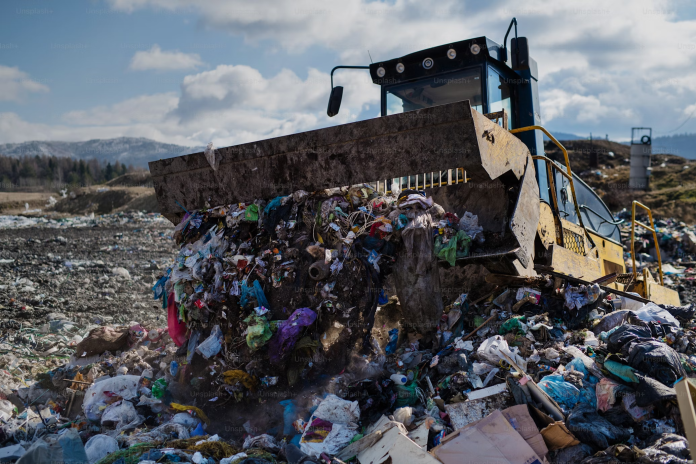The Circulate Initiative is calling for greater investment into tackling plastic pollution, as new data reveals an average of US$ 32 billion a year of private investment went to plastics circularity between 2018 and 2023, far below the one trillion dollars needed.
Nearly 22 million tonnes of plastic waste leaked into the environment in 2019, and this could double by 2060. With total investments into plastics circularity since 2018 at only US$ 190 billion, the current investment trajectory is too slow to meet targets to reduce plastic leakage into the environment by 90% by 2040.
The latest figures are revealed in the third edition of the Plastics Circularity Investment Tracker, released by The Circulate Initiative, a non-profit organization dedicated to solving the ocean plastic pollution challenge in emerging markets. The latest report, which received support from the International Finance Corporation (IFC), analyzed more than 5,500 transactions across 3,000 companies in 100 countries over the six year period.
Additional key findings reveal the following:
*Emerging markets received only 6% of investments, despite the greater impact of plastic pollution in these economies.
*While investment amounts fall short of financing needs across the plastic lifecycle, 82% of investments are channeled to downstream solutions like recovery and recycling, while solutions such as refill and reuse, which are designed to reduce plastics consumption, received only US$ 8 billion (4%).
*Banks and corporate investment were the top two sources of funding, contributing to 37% and 31% of deal value respectively over the period.
*While early-stage investment is needed to foster innovation and new business models, only 2% of investments went to firms in this space in their early stages of development.
Michael Sadowski, executive director of The Circulate Initiative said, “The Circulate Initiative is thrilled to launch the third edition of the Plastics Circularity Investment Tracker in cooperation with IFC. While the investment gap to tackle plastic pollution is significant, in showcasing examples of successful, innovative investment models, we hope to inspire more financial decision-makers to see the opportunity to join the global fight against plastic pollution.”
The new data was released ahead of the final round of negotiations for an international legally binding instrument on plastic pollution, including in the marine environment, set to take place in November and December 2024, in what will be a critical opportunity to set the course for the long-term future of investing in plastics circularity.
Jamie Fergusson, global director of Climate Business at IFC said, “As we build on the momentum of the negotiations for a global plastics treaty, it is imperative that the public and private sector work together to translate the potential commitments from this treaty into tangible actions. IFC is ready to support companies investing in emerging markets, which currently only receive six percent of investments, to foster a circular economy that benefits all.”
In releasing the data, The Circulate Initiative emphasized the importance of the global plastics treaty to not only mobilize additional capital, but to redirect it to regions where it is most needed. The report revealed that Asia and Africa received 10% and 0.2% of total investments respectively over the six year period, even though the two continents account for 90% of plastic waste emitted to the ocean.
Showcasing a series of successful investments, the report also demonstrates a growing acceptance of innovative investment approaches such as thematic loans and bonds, blended finance and outcomes-based financing – which will be critical to the mobilization of private capital for tackling plastics pollution.










